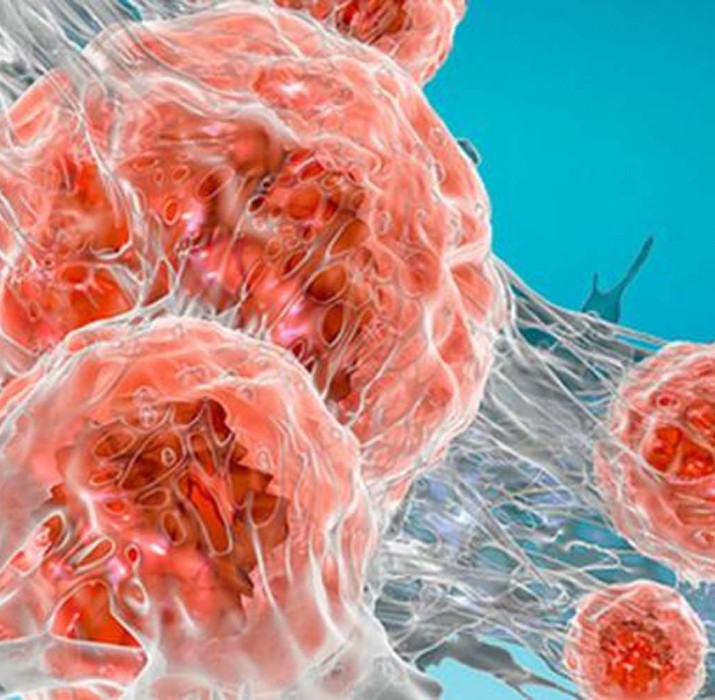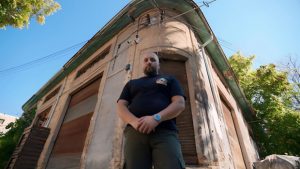NHS cancer testing service ‘at breaking point’
Pathology departments in NHS hospitals around the UK are struggling to cope with rising requests for cancer tests, Cancer Research UK has warned.

Pathology departments in NHS hospitals around the UK are struggling to cope with rising requests for cancer tests, Cancer Research UK has warned.
Without more staff to meet the demand, long waits for test results could become the norm, says the charity.
One in two of us will have cancer at some point, and getting it diagnosed early is vital.
The government says it is investing in cancer services, which includes having the right number and mix of staff.
According to the report:
- Year on year, requests for pathology services have been increasing, but staffing levels are not increasing fast enough to keep up.
- Of 36 laboratories that responded to a survey about staffing, 20 had at least one (full-time equivalent) vacancy among consultant staff.
- Of these 20 laboratories, 13 had had these vacancies for six months or longer.
- A significant chunk of the workforce is nearing retirement age and there are not enough new graduates to fill the void.
Cancer Research UK says that in the next five to 10 years there will be a shortage of consultants across all areas of pathology.
It says the same problem applies to other cancer diagnosis services such as scans and endoscopies.

Prof Manuel Salto-Tellez, a Cancer Research UK pathology expert, said: “We need to act now before this situation gets worse. It’s vital that patients are diagnosed at an early stage when treatment is more likely to be successful and pathology plays a crucial role in this.
“The number of cancer cases diagnosed each year is set to rise and the already stretched pathology services won’t cope unless we ensure more people are trained and employed in pathology. We must also make sure that existing staff have the support they need to do their job.”
Dr Suzy Lishman, president of the Royal College of Pathologists, said: “Having the right staff with the right skills will make sure people referred for cancer tests are diagnosed as quickly and accurately as possible.”
There were around 352,000 new cancer diagnoses in the UK in 2013. Cancer Research UK estimates this will rise to 500,000 a year by 2035.
A Department of Health spokesperson said: “Early and fast diagnosis is crucial in improving patient outcomes and experience. Getting pathology test results to patients quickly is a key part of this. That’s why we have invested over £2.5bn on efficient and robust pathology services across the NHS.” (bbcnews)









